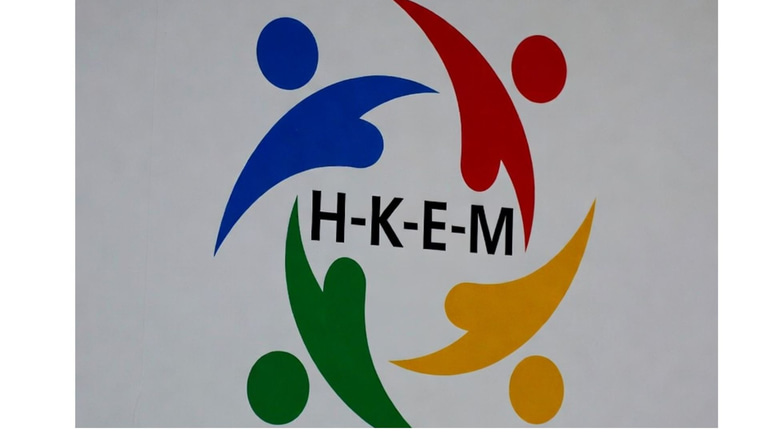
Health is a crown on the heads of the healthy that only the sick can see.
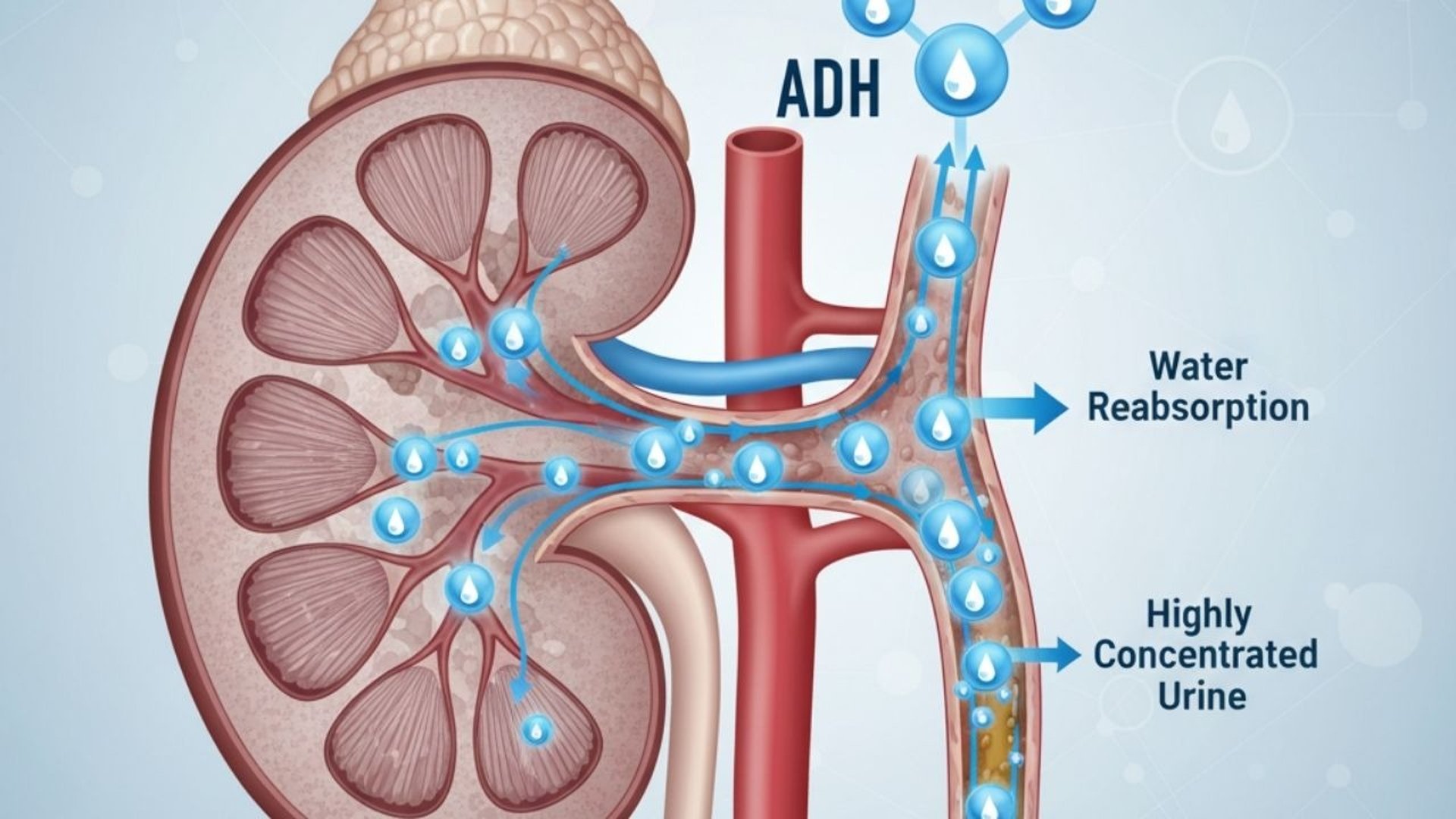
💧🩺 Why Dehydration During Voluntary Fasting Doesn’t Lead to Blood Clots
💧🩺 Discover why dehydration during voluntary fasting doesn’t cause dangerous blood clots. Learn the science behind blood flow, safety, and body adaptation.
HAEMATOLOGYFASTING
Dr Hassan Al Warraqi
6/13/2025
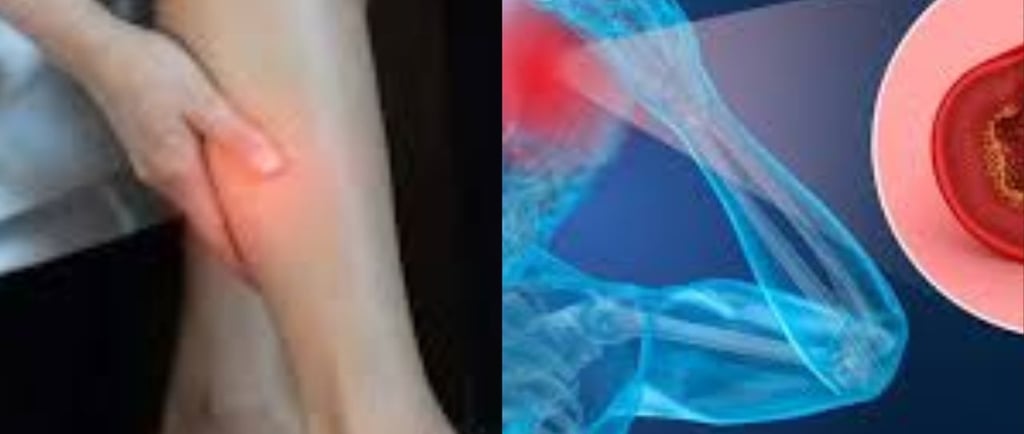

💧🩺 Why Dehydration During Voluntary Fasting Doesn’t Lead to Blood Clots
💧🩺 Discover why dehydration during voluntary fasting doesn’t cause dangerous blood clots. Learn the science behind blood flow, safety, and body adaptation.
Many people believe that dehydration during fasting might increase the risk of blood clots, since blood becomes more concentrated when fluid intake is reduced. However, scientific evidence suggests otherwise.
🔬 1. Physiological Balance Is Maintained
Your body adapts beautifully:
🧠 The hypothalamus signals the release of antidiuretic hormone (ADH).
💦 This conserves water and maintains blood pressure and volume.
🩸 Blood viscosity rises only slightly, not enough to trigger clots.
⏳ 2. Short Fasting Durations
Most fasts last 8–16 hours, followed by rehydration.
🥤 This limits the extent of dehydration and prevents prolonged hemoconcentration.
🚶♂️ 3. Continued Movement = No Stasis
Clots usually form when there's venous stasis (e.g., after surgery, long flights).
Fasting individuals often stay active, keeping blood circulation strong.
🩻 No stagnation = No clot.
🛡️ 4. Clotting Requires Multiple Risk Factors
🩺 According to Virchow’s Triad, clots need:
Blood hypercoagulability
Vessel wall injury
Blood flow stasis
During fasting, none of these are typically present in healthy individuals.
🌿 Conclusion
✅ Mild dehydration from voluntary fasting is not sufficient to cause blood clots — especially in healthy people who move and hydrate well after breaking the fast.
💧🩺 Why Doesn't Voluntary Fasting Dehydration Lead to Blood Clots?
Despite mild dehydration during voluntary fasting, blood clots are extremely rare. Why? 🤔
🔬 1. Smart Physiological Balance
The body adapts brilliantly:
🧠 ADH Hormone Release: The brain secretes antidiuretic hormone (ADH), helping retain water and maintain blood pressure.
🩸 Slightly Thicker Blood: Blood viscosity may increase slightly, but not enough to reach dangerous clotting levels.
⏳ 2. Relatively Short Fasting Duration
Most fasts last 8–16 hours, followed by rehydration periods.
🥤 Prevents Severe Dehydration: The limited fasting window minimizes blood concentration risks.
🚶♂️ 3. Movement Prevents Blood Stasis
Clots typically form due to venous stasis (e.g., prolonged sitting or post-surgery inactivity).
Active Fasters Maintain Circulation: Regular movement (walking, light activity) prevents blood stagnation.
🛡️ 4. Clotting Requires More Than Just Dehydration
According to Virchow’s Triad, clotting needs:
1️⃣ Hypercoagulability (increased clotting tendency)
2️⃣ Endothelial Injury (damaged blood vessels)
3️⃣ Blood Stasis (slowed/stopped flow)
✅ Healthy fasting individuals don’t meet these conditions.
📌 Key Takeaways:
Mild fasting dehydration does not cause clots in healthy people.
Hydration + Activity post-fast keeps risks low.
High-risk individuals (e.g., clotting disorders, heart disease) should consult a doctor.
💧🩺 Why Dehydration During Voluntary Fasting Doesn’t Typically Lead to Blood Clots
Voluntary fasting — like intermittent fasting or Ramadan fasting — or voluntary fasting often involves mild dehydration. Yet surprisingly, it rarely causes blood clots. Here's why:
🔬 1. Physiological Balance Is Maintained
Your body adapts beautifully:
🧠 The hypothalamus signals the release of antidiuretic hormone (ADH).
💦 This conserves water and maintains blood pressure and volume.
🩸 Blood viscosity rises only slightly, not enough to trigger clots.
⏳ 2. Short Fasting Durations
Most fasts last 8–16 hours, followed by rehydration.
🥤 This limits the extent of dehydration and prevents prolonged hemoconcentration.
🚶♂️ 3. Continued Movement = No Stasis
Clots usually form when there's venous stasis (e.g., after surgery, long flights).
Fasting individuals often stay active, keeping blood circulation strong.
🩻 No stagnation = No clot.
🛡️ 4. Clotting Requires Multiple Risk Factors
🩺 According to Virchow’s Triad, clots need:
Blood hypercoagulability
Vessel wall injury
Blood flow stasis
During fasting, none of these are typically present in healthy individuals.
🌿 Conclusion
✅ Mild dehydration from voluntary fasting is not sufficient to cause blood clots — especially in healthy people who move and hydrate well after breaking the fast.
❓FAQs About Dehydration and Fasting-Related Clot Risk
🤔 Can fasting cause blood clots in some people?
Yes, in at-risk individuals — such as those with:
Genetic clotting disorders
Long immobility
Severe dehydration
But for most healthy people, the risk is very low.
💉 Does fasting thicken the blood?
Slightly — due to water loss. But the body compensates and maintains flow unless dehydration is severe or prolonged.
🧪 Is there any research backing this?
Yes. Clinical studies on Ramadan fasting show no increased risk of clotting in healthy individuals, even during long fasts.
👴 Should older adults worry about clotting during fasting?
Only if they have underlying risks (e.g., history of thrombosis, poor hydration habits). Consult a doctor before fasting if unsure.
🥤 How can I stay safe while fasting?
Hydrate well during non-fasting hours
Stay active and avoid prolonged sitting
Break your fast with electrolyte-rich fluids like coconut water or soups
Avoid excessive caffeine (diuretic)
🤔 Can fasting cause clots?
Rarely, and only in high-risk groups (e.g., genetic clotting disorders, post-surgery, severe dehydration + immobility).
💉 Does blood thicken during fasting?
Slightly, but balanced physiology prevents dangerous clotting.
📚 Is there research supporting this?
Yes! Ramadan studies show no increased clotting risk in healthy individuals.
👴 Should seniors worry?
Only if they have chronic conditions or prior clots—consult a doctor.
🥤 How to stay safe while fasting?
Hydrate well during non-fasting hours.
Stay active (avoid sitting for long periods).
Break fast with electrolyte-rich fluids (e.g., coconut water, broth).
Limit caffeine (diuretic effect worsens dehydration).
🚨 When to Break the Fast?
Seek help if you experience:
Severe dizziness, fainting, or confusion.
Sudden leg swelling/pain (possible DVT).
Chest pain or shortness of breath (PE risk).
Keywords
Dehydration, blood clotting, fasting, blood viscosity, intermittent fasting, Ramadan fasting, blood circulation, Virchow's triad, hyperviscosity, dehydration prevention, hydration, fasting and clots, daily fluid intake, urine color, fasting and the brain, dehydration and clots, safe fasting, physical activity during fasting, stroke patients, complications of dehydration, blood thinners, deep vein thrombosis, studies on fasting, the elderly and fasting, water-only fasting, fasting and brain benefits
===================================================================
Hassan Al-Warraqi is the founder of H-K-E-M.com and a health science writer known for simplifying complex physiological topics. With a focus on fasting, hydration, and circulatory health, Hassan brings evidence-based insight into misunderstood concepts surrounding voluntary fasting.In this article, he challenges common myths about dehydration and clot risk—highlighting the body's adaptive responses and the role of metabolic flexibility during fasts.https://h-k-e-m.com/-why-dehydration-during-voluntary-fasting-doesnt-lead-to-blood-clots
🖋️ By Hassan Al-Warraqi
Founder @h_k_e_m_com | Debunking myths about fasting, hydration & blood clots 💧🩸🧠
https://www.h-k-e-m.com/-why-dehydration-during-voluntary-fasting-doesnt-lead-to-blood-clots
======================================================================================================================================================================================================
🍯 Anal Fissures and Fistulas try honey first
:
🌿 General Health & Awareness
#HealthTips #NaturalHealing #AlternativeMedicine #HolisticHealth #WellnessJourney
🍯 Honey & Healing
#HoneyTherapy #ManukaHoney #HealingWithHoney #Apitherapy #BeeMedicine #NaturalRemedies
💩 Anal Fissures & Fistulas
#AnalFissureRelief #FistulaTreatment #DigestiveHealth #GutHealing #RectalHealth #WoundHealing
🌙 Integrative & Preventive Approach
#TryHoneyFirst #NaturalCure #PropheticMedicine #HealingFoods #FastingAndHealing
https://www.h-k-e-m.com/-anal-fissures-and-fistulas-try-honey-first
====================================================================================================================================================================================================
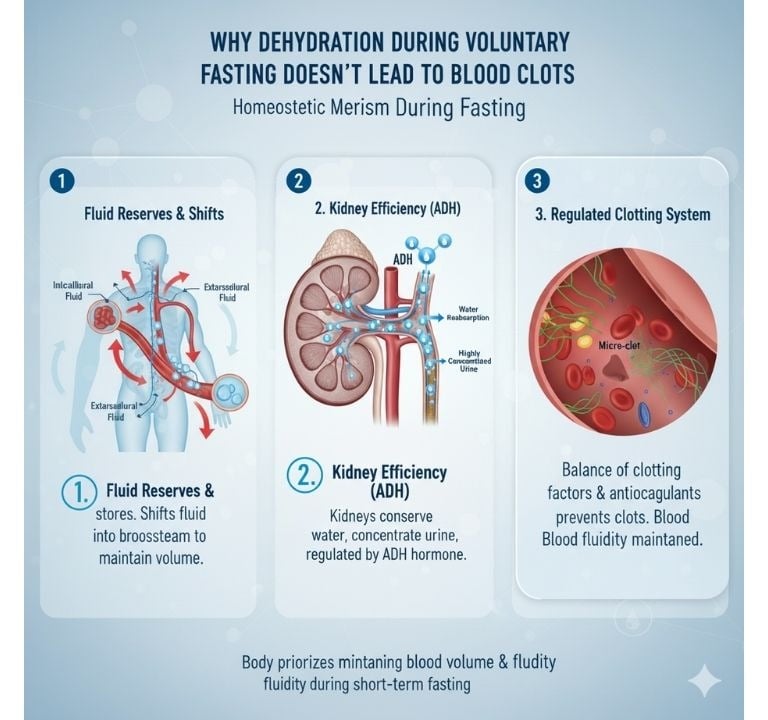

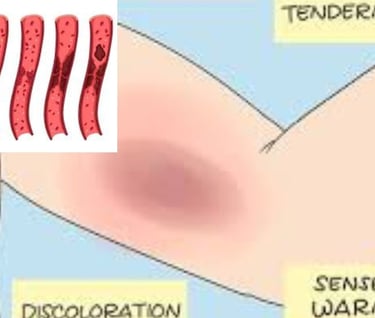

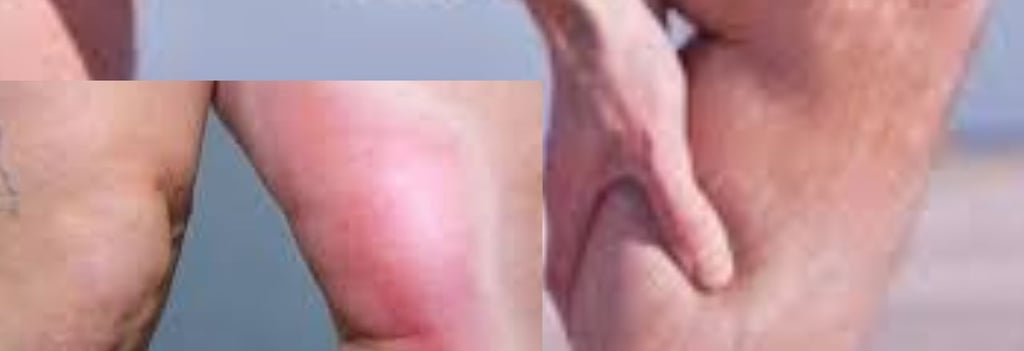

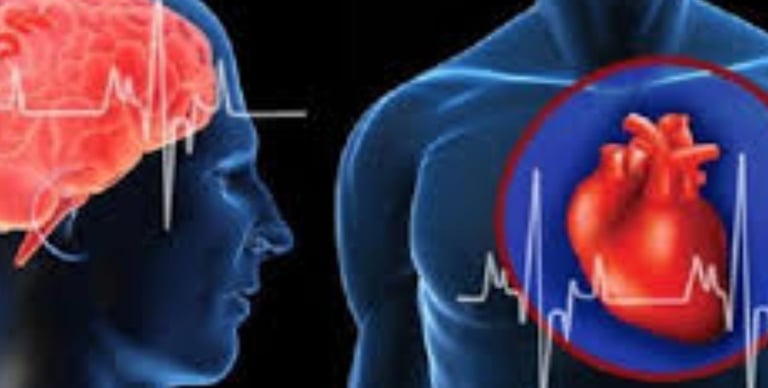



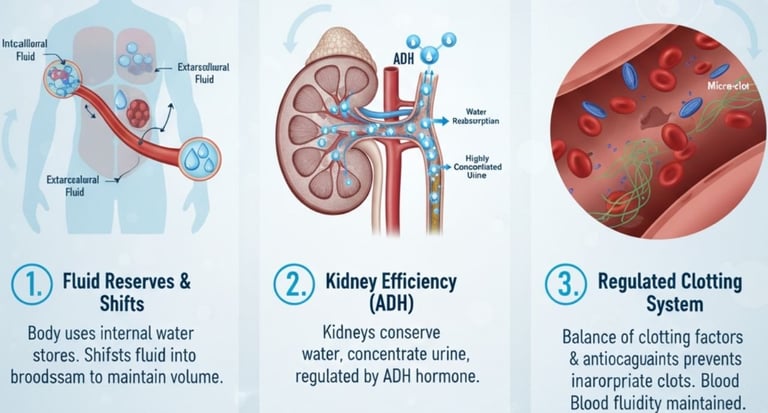

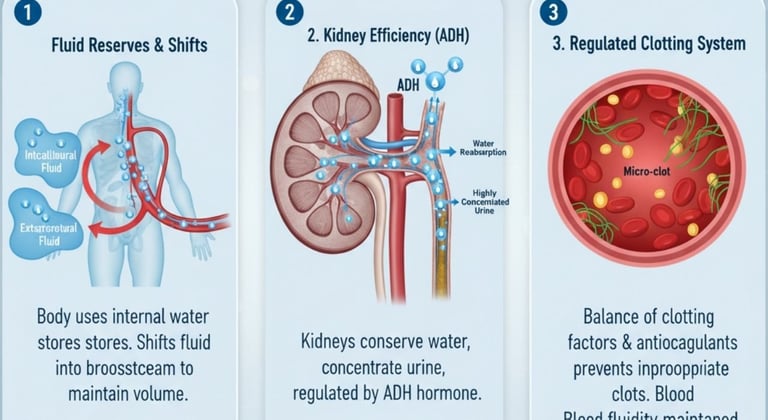

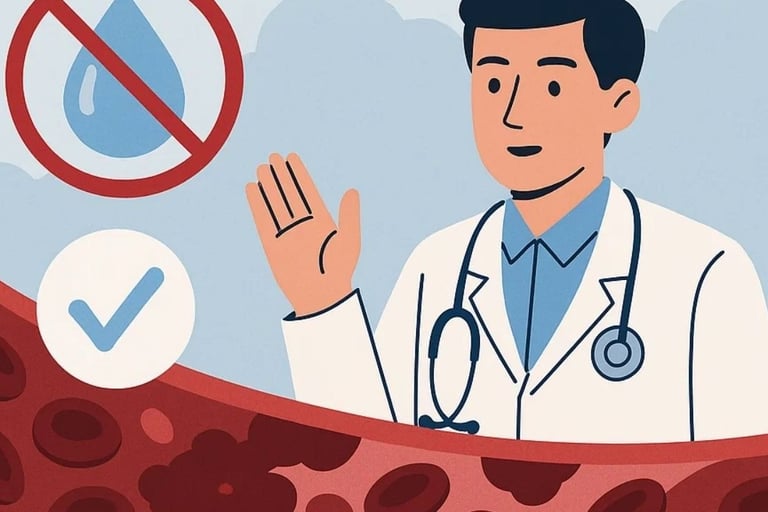

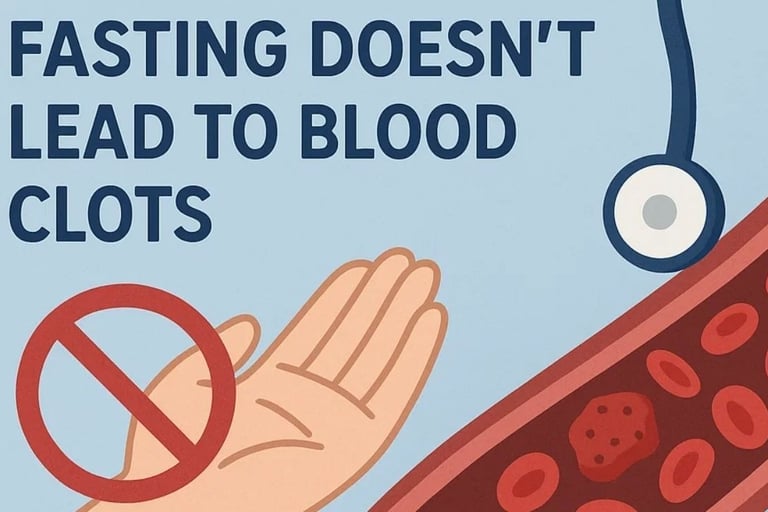

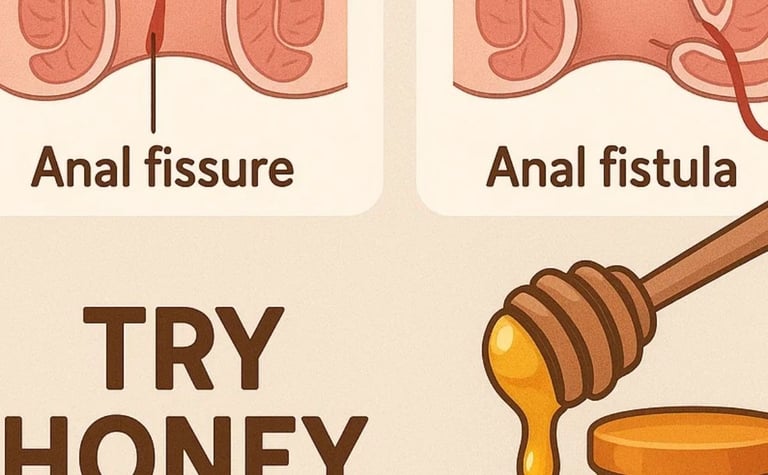


Get in touch
Address
Cairo Al Rehab
Contacts
+20 109 405 2056
hassanalwarraqi@h-k-e-m.com
